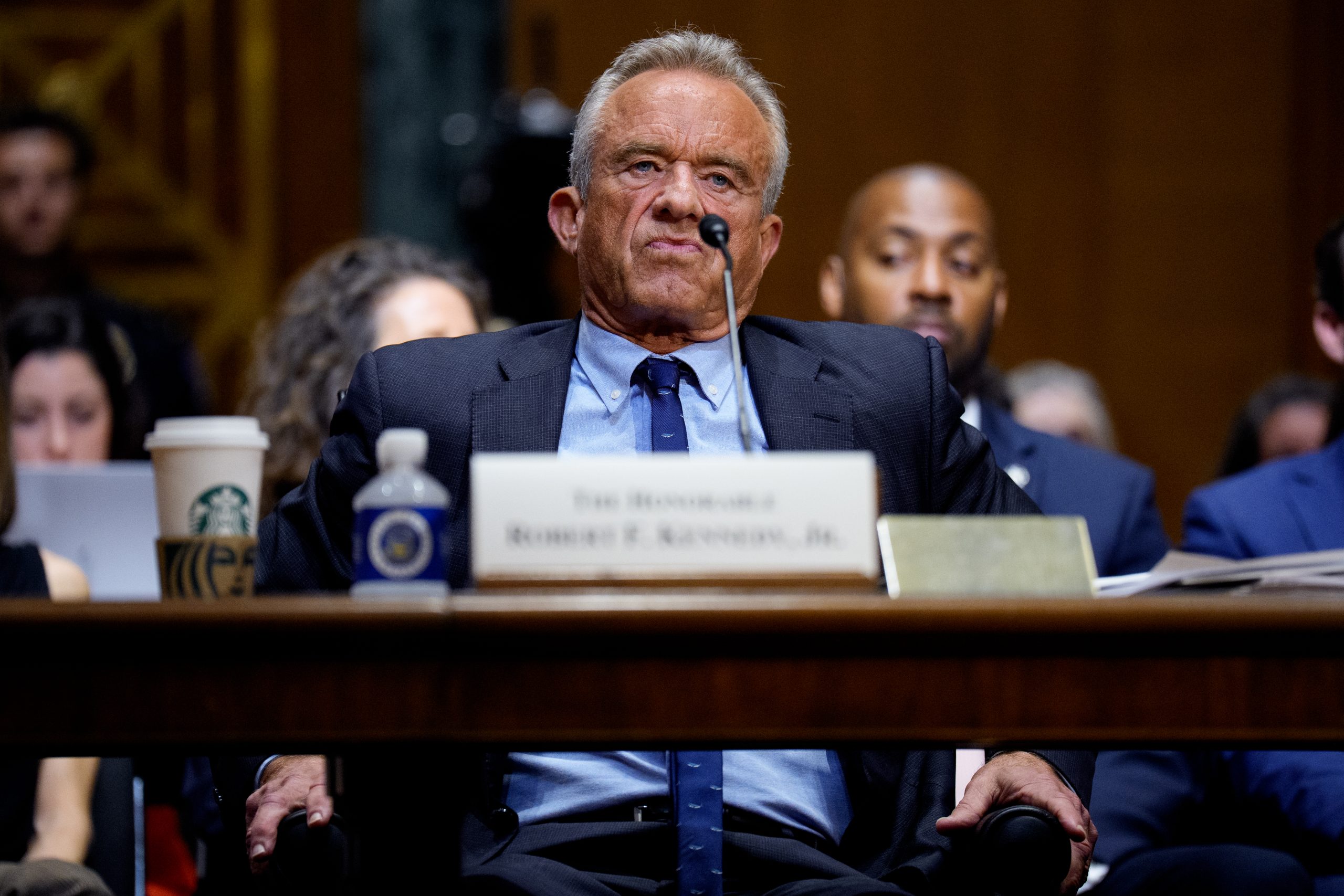RFK Jr.’s Senate Grilling: A Public Health Crisis?
Robert F. Kennedy Jr.’s recent appearance before the US Senate Finance Committee was far from a smooth affair. The hearing, lasting several hours, saw the Health and Human Services Secretary facing intense questioning from both Republican and Democratic senators, ultimately leaving his position hanging precariously. The event sparked widespread concern about the state of US public health agencies and the direction of national health policy under the current administration.
Vaccine Policy Under Fire:
A central focus of the hearing was Kennedy’s controversial stance on vaccine policy and availability. Senators pressed him on decisions made regarding vaccine distribution and mandates, highlighting concerns about potential inconsistencies and their impact on public health. The questioning revealed sharp divisions within the Senate regarding the administration’s approach, with some senators openly expressing alarm at the perceived lack of transparency and accountability. This fueled existing public debates surrounding vaccine safety and efficacy, bringing the contentious issue back into the spotlight. The lack of consensus on these critical issues underscores the deep political polarization surrounding public health.
CDC Leadership Shakeup and its Ramifications:
The recent upheaval at the Centers for Disease Control and Prevention (CDC) dominated much of the discussion. The forced resignation of CDC Director Susan Monarez, followed by the resignations of four top officials in protest, cast a long shadow over the hearing. Senators questioned Kennedy about the circumstances surrounding these departures, demanding clarification on the rationale behind the personnel changes and their potential impact on the agency’s effectiveness. The implications extend beyond the CDC itself; the instability raises serious concerns about the agency’s ability to effectively respond to future public health emergencies. This erosion of leadership within a crucial agency poses a significant threat to national preparedness.
Calls for Resignation and the Future of Public Health:
The intense scrutiny Kennedy faced culminated in direct calls for his resignation from several senators. These calls highlight the deep dissatisfaction with his leadership and the perceived damage to public trust in the nation’s health agencies. The hearing served as a stark reminder of the immense political pressure surrounding public health decisions and the potential consequences of controversial policies. The long-term consequences of this tumultuous period remain unclear, but the event undoubtedly raises serious questions about the future of public health leadership and the nation’s ability to address critical health challenges effectively. The ongoing fallout from this hearing will likely shape the national conversation on healthcare policy for months to come.
Conclusion:
Robert F. Kennedy Jr.’s Senate hearing was a pivotal moment, exposing deep fissures within the US government’s approach to public health. The controversy surrounding vaccine policy, the CDC leadership crisis, and the calls for Kennedy’s resignation paint a concerning picture of the current state of affairs. The event serves as a critical reminder of the political complexities interwoven with public health, and the urgent need for transparent and accountable leadership to navigate these challenging times. Further investigation and analysis are needed to fully assess the long-term implications of this highly publicized hearing.
Based on materials: Vox





